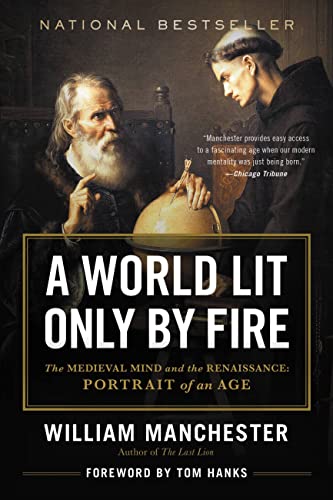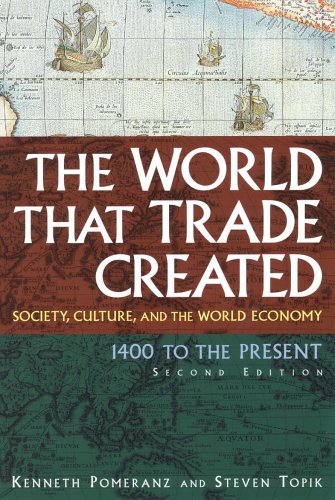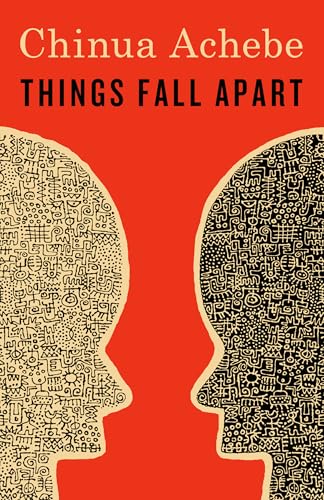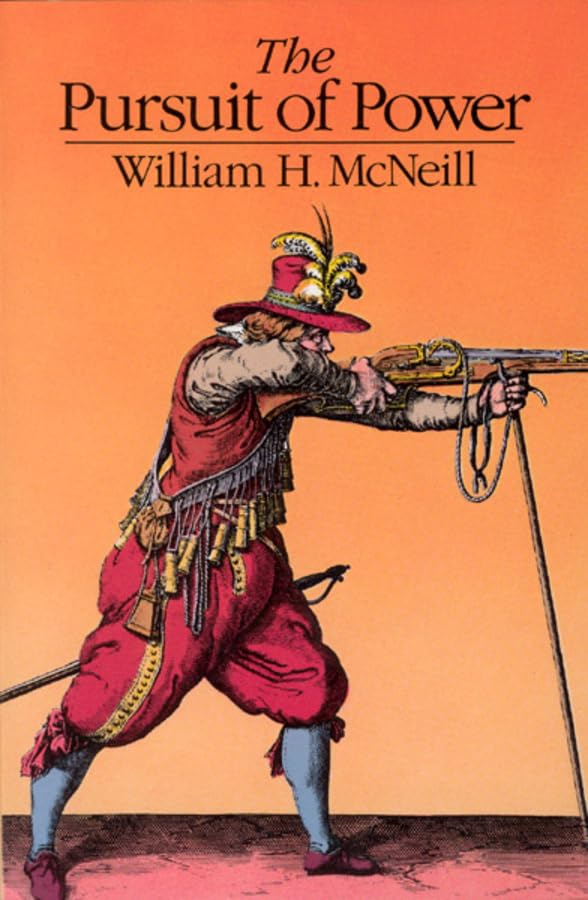AP World History Dunbar High School 2009-2010
Explore the 2009-2010 AP World History reading list from Dunbar High School. Discover essential books and resources for mastering world history curriculum.



Book
The World that Trade Created
by Kenneth Pomeranz
The new edition of this fascinating book reveals the answers to tantalizing questions about society, culture, and the world economy. Brief, highly readable vignettes bring to life international trade and its actors--including migrants and merchants, pirates and privateers, sailors and slaves.

Book
Salt
by Mark Kurlansky
“Kurlansky finds the world in a grain of salt.” - New York Times Book Review An unlikely world history from the bestselling author of Cod and The Basque History of the World In his fifth work of nonfiction, Mark Kurlansky turns his attention to a common household item with a long and intriguing history: salt. The only rock we eat, salt has shaped civilization from the very beginning, and its story is a glittering, often surprising part of the history of humankind. A substance so valuable it served as currency, salt has influenced the establishment of trade routes and cities, provoked and financed wars, secured empires, and inspired revolutions. Populated by colorful characters and filled with an unending series of fascinating details, Salt is a supremely entertaining, multi-layered masterpiece.






Book
Guns Germs and Steel
by Jared Diamond
"Fascinating.... Lays a foundation for understanding human history."—Bill Gates Winner of the Pulitzer Prize, Guns, Germs, and Steel is a brilliant work answering the question of why the peoples of certain continents succeeded in invading other continents and conquering or displacing their peoples. This edition includes a new chapter on Japan and all-new illustrations drawn from the television series. Until around 11,000 BC, all peoples were still Stone Age hunter/gatherers. At that point, a great divide occurred in the rates that human societies evolved. In Eurasia, parts of the Americas, and Africa, farming became the prevailing mode of existence when indigenous wild plants and animals were domesticated by prehistoric planters and herders. As Jared Diamond vividly reveals, the very people who gained a head start in producing food would collide with preliterate cultures, shaping the modern world through conquest, displacement, and genocide.The paths that lead from scattered centers of food to broad bands of settlement had a great deal to do with climate and geography. But how did differences in societies arise? Why weren't native Australians, Americans, or Africans the ones to colonize Europe? Diamond dismantles pernicious racial theories tracing societal differences to biological differences. He assembles convincing evidence linking germs to domestication of animals, germs that Eurasians then spread in epidemic proportions in their voyages of discovery. In its sweep, Guns, Germs and Steel encompasses the rise of agriculture, technology, writing, government, and religion, providing a unifying theory of human history as intriguing as the histories of dinosaurs and glaciers.

Book
Plagues and Peoples
by William McNeill
The history of disease is the history of humankind: an interpretation of the world as seen through the extraordinary impact—political, demographic, ecological, and psychological—of disease on cultures. "A book of the first importance, a truly revolutionary work." —The New Yorker From the conquest of Mexico by smallpox as much as by the Spanish, to the bubonic plague in China, to the typhoid epidemic in Europe, Plagues and Peoples is "a brilliantly conceptualized and challenging achievement" (Kirkus Reviews). Upon its original publication, Plagues and Peoples was an immediate critical and popular success, offering a radically new interpretation of world history. With the identification of AIDS in the early 1980s, another chapter was added to this chronicle of events, which William McNeill explores in his introduction to this edition. Thought-provoking, well-researched, and compulsively readable, Plagues and Peoples is essential reading—that rare book that is as fascinating as it is scholarly, as intriguing as it is enlightening.


Book
The Rise of the West
by William H. McNeill
The Rise of the West, winner of the National Book Award for history in 1964, is famous for its ambitious scope and intellectual rigor. In it, McNeill challenges the Spengler-Toynbee view that a number of separate civilizations pursued essentially independent careers, and argues instead that human cultures interacted at every stage of their history. The author suggests that from the Neolithic beginnings of grain agriculture to the present major social changes in all parts of the world were triggered by new or newly important foreign stimuli, and he presents a persuasive narrative of world history to support this claim. In a retrospective essay titled "The Rise of the West after Twenty-five Years," McNeill shows how his book was shaped by the time and place in which it was written (1954-63). He discusses how historiography subsequently developed and suggests how his portrait of the world's past in The Rise of the West should be revised to reflect these changes. "This is not only the most learned and the most intelligent, it is also the most stimulating and fascinating book that has ever set out to recount and explain the whole history of mankind. . . . To read it is a great experience. It leaves echoes to reverberate, and seeds to germinate in the mind."—H. R. Trevor-Roper, New York Times Book Review


Book
Candide, Or Optimism
by Voltaire
Are evil and tragedy part of a larger cosmic plan? Should we accept our fate that everything happens for a good reason? Voltaire's Candide is a satire addressing these central questions.